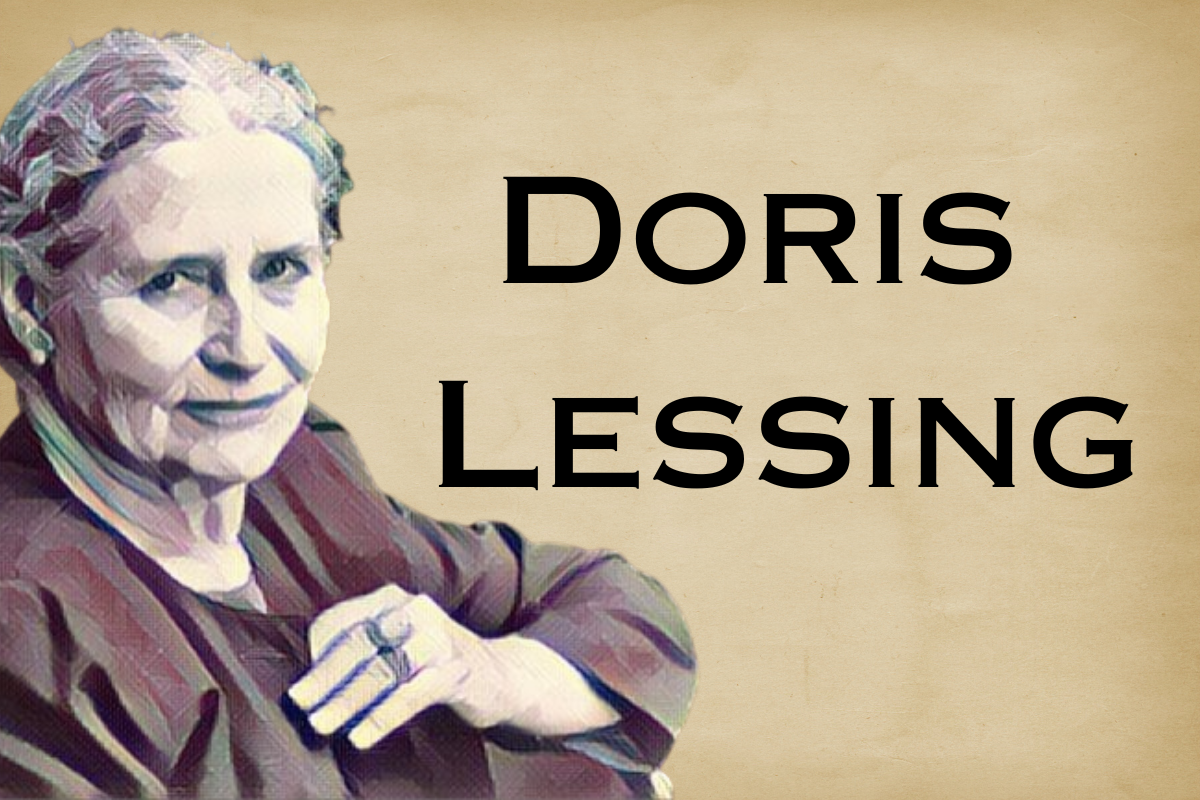Annie Ernaux is a renowned French writer. She is widely acclaimed for her captivating autobiographical works. Through her writing, she delves into thought-provoking themes of class, gender, and memory. One distinctive genre is autofiction, weaving together elements of both fiction and nonfiction.
She is recognized for her exceptional literary contributions. Ernaux has received numerous prestigious awards like the Prix Renaudot and the Prix Marguerite Duras. Notably, in 2022, Ernaux was honored with the esteemed Nobel Prize in Literature.

Family Background of Annie Ernaux
Annie Ernaux, originally Annie Duchesne, was born on September 1, 1940, in Lillebonne, France. Her parents, Blanche (Dumenil) and Alphonse Duchesne, were working-class individuals. They operated a grocery store and café in Yvetot, Normandy. They raised Annie as their only child.
Ernaux’s family background greatly influenced her life and work. Her parents’ social class and economic status shaped her educational pursuits. Also, it impacted her career choices and relationships. In her writing, Ernaux often delves into intertwining personal experience and societal history. Her family background plays a central role in this exploration.
Ernaux’s contributions to the literary world have earned her a coveted place in the prestigious Académie Goncourt. Her talent has also garnered numerous accolades, including the esteemed Prix Femina award.
Writing Style of Annie Ernaux
Ernaux’s writing is often characterized as flat or plain due to her intentional avoidance of figurative language and stylistic embellishments. Instead, she adopts a direct and matter-of-fact approach to convey her experience precisely. This stripped-down style enables Ernaux to delve into the intricacies of her encounters. This forges an instant connection and genuine authenticity within her narratives.
Ernaux’s writing is marked by its candidness. She fearlessly tackles difficult and uncomfortable subject matters. So, this recounts her personal experiences with poverty, sexism, and domestic violence honestly. This raw honesty can shock and move readers, making Ernaux’s work exceptionally powerful.
Les Années (2008) is often regarded as her most acclaimed work. It is a profound exploration of postwar France’s personal and collective history. This masterpiece garnered Ernaux prestigious literary awards, including the Marguerite Duras and François Mauriac awards. The English translation, published in 2019, was also recognized as a finalist for the Man Booker Prize. Also, it significantly contributed to Ernaux’s expanding international readership.
Themes of Annie Ernaux
Annie Ernaux’s writing is known for its straightforward and unembellished style. So, it captured the intricacies of everyday life. Some of the main themes in Ernaux’s work include:
1. Memory and Identity: Ernaux’s writing delves into the intricate connection between memory and identity. Her keen interest lies in unraveling how our memories sculpt our very being, acting as solace and affliction.
2. Social Class: Ernaux was born into a working-class family in France. Hence, her writing centers around the profound impact of social class. One theme that continuously emerges is her curiosity about how social class molds our experiences, opportunities, and perceptions of herself.
3. Feminism: Ernaux embraces feminism in her works and delves into the unique experiences of women. Her writing intricately explores how societal gender roles shape our lives. Also, it offers insight into challenging them.
4. Time and Ageing: Ernaux explores the concept of time and its profound effect on our lives. She delves into how our memories of the past evolve with the passing years and how we navigate the process of growing older.
5. Collective Memory and History: Annie Ernaux’s books delve into the intriguing connection between collective memory and personal recollections. She explores how our memories are influenced by significant historical events we have experienced firsthand.
Recommended: Modernism in Literature | Characteristics and Examples
Notable Books of Annie Ernaux
Annie Ernaux is known for her fearless exploration of personal memory. She uncovers the depths of roots, estrangements, and collective restraints with keen observation and unwavering determination.
1. Cleaned Out (1974; Les Armoires vides): This autobiographical novel stands out for its candid and reflective exploration of her growing years. The book was set in post-World War II France. So, it delves into her childhood, family dynamics, and the gradual shaping of her individuality.
2. A Frozen Women (1981; La Femme gelée): A Frozen Woman explores the emotional and physical state she endured during a challenging ordeal. It covers the context of reproductive rights and women’s experiences in France during that era. Also, she writes about sensitive and often taboo topics with great sincerity.
3. The Years (2008; Les Années): This semi-autobiographical book offers a unique and experimental narrative. It spans multiple French history decades, from the 1940s to the 2000s. This reflective and contemplative exploration delves into memory, identity, and societal change themes.
4. A Man’s Place (1983; La Place): This novel offers readers a semi-autobiographical perspective. It explores family dynamics, social class distinctions, and the impact of societal changes. This poignant work captures the complexities inherent in father-daughter relationships. Also, it highlights how a father’s experiences shape his child.
5. A Women’s Story (1987; Une Femme): This work is a semi-autobiographical novel that delves into a woman’s life. Also, it recounts her experiences and relationships from childhood to adulthood. This captivating narrative also sheds light on the evolving societal roles of women.
Other notable works are The Usage of Photography (2005; L’Usage de la photo) and Passion Simple (1991; Simple Passion).
Ernaux’s works are celebrated for their uncompromising honesty. They bravely delve into personal experiences to reveal broader social and cultural issues.
Famous Quotes of Annie Ernaux
Here are a few famous quotes from her writings:
- “Memory is the space in which a work of art is located. The act of memory is an art.” – A Man’s Place (La Place)
- “The past is a life sentence, a blunt instrument aimed at tomorrow.” – A Man’s Place (La Place)
- “In an infinite perspective, everything becomes possible, and our lives, captured in their visible and invisible forms, appear truly marvelous.” – A Man’s Place (La Place)
- “To write is to turn one’s life into an endless celebration.” – A Frozen Woman (La Femme gelée)
- “I knew I was alone in the world, but I didn’t know that meant I was free.” – A Frozen Woman (La Femme gelée)
These quotes capture some of the recurring themes in Annie Ernaux’s books to preserve and understand one’s experiences.
Awards Won by Anne Ernaux
The most prestigious award won by Annie Ernaux is the Nobel Prize in Literature in 2022. She was awarded for the courage and clinical acuity with which she uncovers the roots, estrangements, and collective restraints of personal memory.
Other awards won by Anne are
- Prix Renaudot (1984) for A Man’s Place
- Premio Strega in Italy (2016) for The Years
- Marguerite Yourcenar Prize in 2017
She was also shortlisted for the International Bookers Prize (2019) for The Years and Strega European Prize (2016) for The Years.
Recommended: Cornelia Funke | Writing Style, Themes and Books




